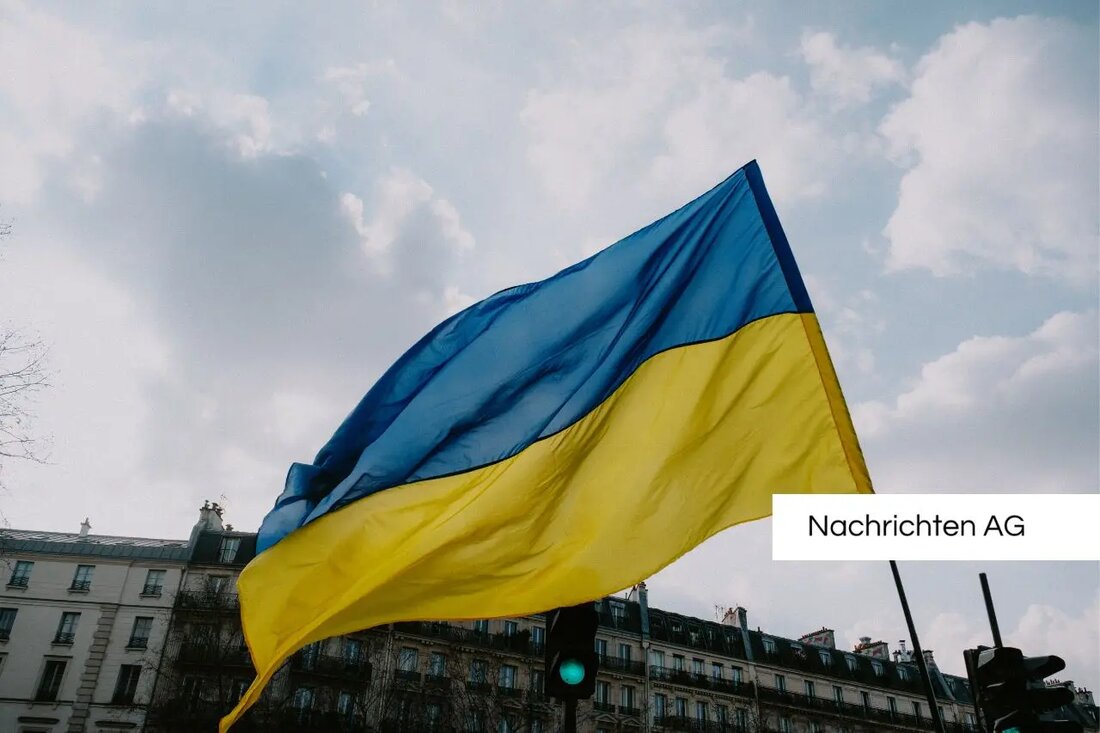Brussels celebrates 70 years NATO: Germany's role in security redefined!
Brussels celebrates 70 years NATO: Germany's role in security redefined!
On April 28, 2025, an important ceremony took place in Brussels on the 70th anniversary of Germany's accession. The event, held in the NATO headquarters, was led by NATO Secretary General Mark Rutte. Among those present were Federal President Frank-Walter Steinmeier and the managing minister of defense Boris Pistorius (SPD). Germany joined the 15th member of NATO on May 6, 1955, and the Alliance includes 32 countries after Sweden and Finland recently joined. The ceremony took place a week before the actual anniversary for scheduled reasons.
However, the celebrations were overshadowed by the serious situation in Europe. The Russian attack war against Ukraine and the uncertain future of NATO are central issues. In addition, the United States plays a new role by announcing that it will take less security policy responsibility for Europe. US President Donald Trump had previously asked European Allies to take responsibility for their own conventional defense. In 2022, the United States bore over 60% of the total NATO defense spending, whereby the defense expenditure of the NATO countries of $ 943 billion rose sharply in 2014.
Current defense spending
The NATO countries plan to issue about 2.71% of their gross domestic product (GDP) for defense, which corresponds to a total of around $ 1.5 trillion. European Allies and Canada in particular have committed to spending 2.02% of GDP, which corresponds to $ 507 billion. The increase in defense spending by 10.9% compared to the previous year reflects the changed threat perception, which was influenced by the conflict in Ukraine. The most recent increase also shows that Germany can now report defense spending of 2.12% of GDP in 2024, which it brings for the first time about the two percent target.
The discussion about increased defense spending leads to a social debate in Germany that has changed significantly. A survey showed that about 75% of the respondents advocate an increase in the means of defense. As part of a coalition agreement between the CDU, CSU and SPD, a significant increase in defense spending is planned to introduce modern military technology and to expand the ability to defend in space.
historical context of NATO accession
The concerns about new war risks and German unity shaped the discussion about NATO accession in 1955. Proponents saw this to the sovereignty of West Germany, while international support came from the United States and Great Britain. France was skeptical and provided conditions that included the waiver of weapons of mass destruction, among other things. Germany accepted these requirements.
Currently in German defense policy is also being considered about the introduction of a voluntary military service model for the Bundeswehr. The Federal Government has already decided to make changes to the Basic Law to relax the debt brake for defense expenditure in order to finance these measures.
The fears regarding the responsibility of NATO partners, especially in view of the planned US elections 2024 and Trump's previous claims, remain a central topic in the political landscape. Germany heralds a new era in the defense, which is also reflected in the planned investments, such as in new rifle tanks, frigates and f-35a fighter aircraft. The developments show that NATO is facing persistent challenges and the mutual obligations between the member states have to be re -evaluated.
These celebrations are not only a look back at the past 70 years, but also an outlook on the future challenges of the NATO alliance in a changing geopolitical landscape.
| Details | |
|---|---|
| Quellen | |


Kommentare (0)